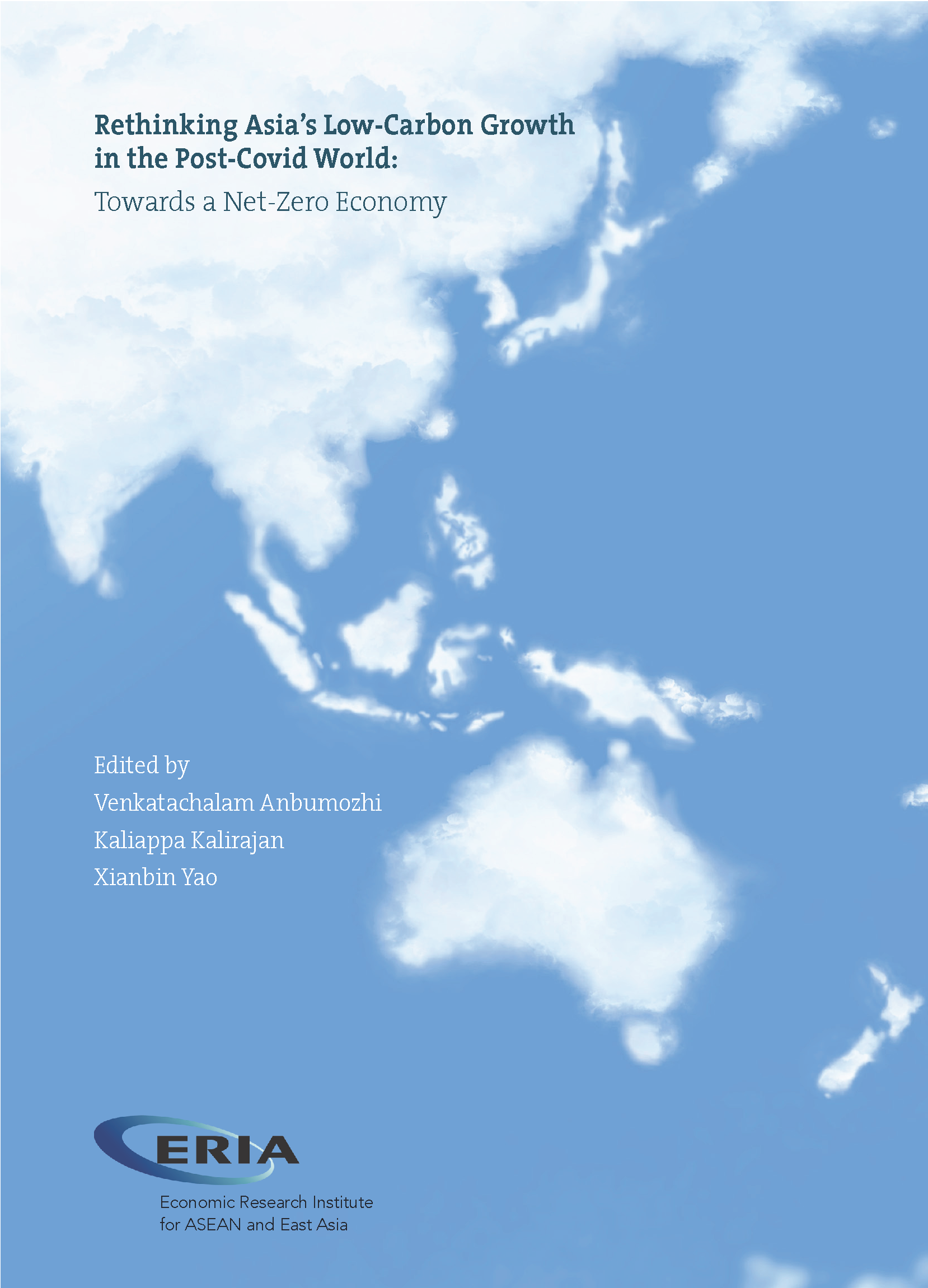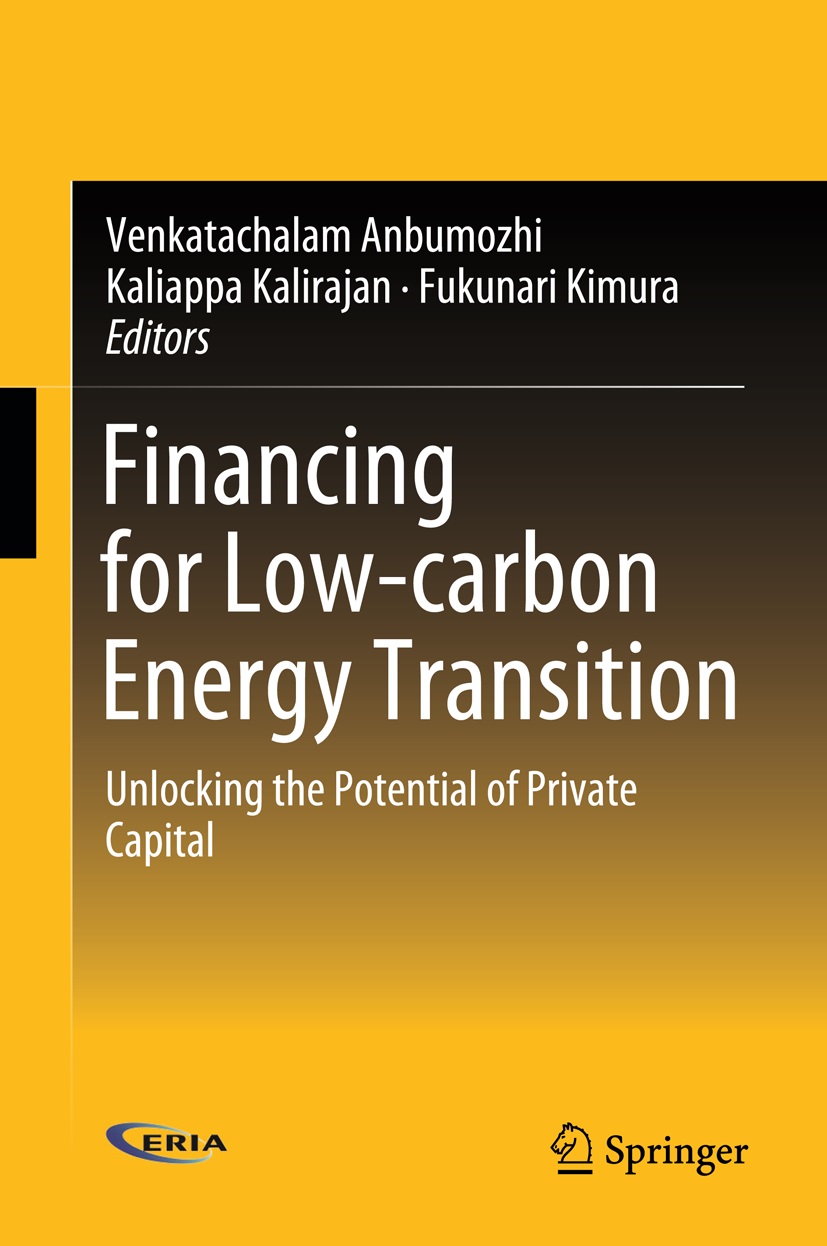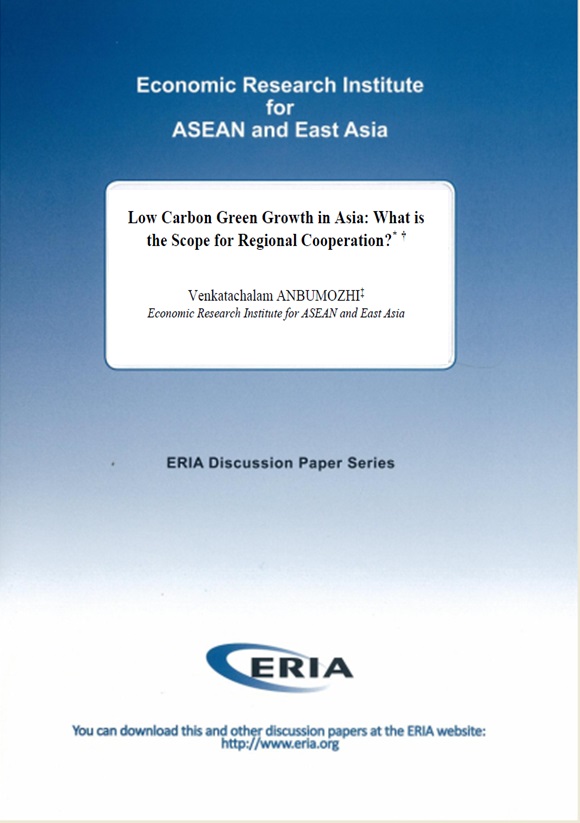Rethinking Asia's Low-Carbon Growth in the Post-Covid World: Towards a Net-Zero Economy

Print Article:
Asia’s historical development is at a crossroads. Twenty months into the coronavirus pandemic, the cumulative economic and financial impacts are estimated to be much worse than those of the 1997 Asian economic crisis and the 2008 global financial crisis. Governments across ASEAN and East Asia have deployed a significant amount of emergency capital in their response to the pandemic, with an initial focus on protecting livelihoods. As countries move towards long-term deep decarbonisation and a circular Net Zero economy, recovery from the pandemic has offered a rare opportunity to realign energy, innovation, trade, and fiscal policies into macro-economic planning and national budgets towards a new sustainable development paradigm. This book reviews and assesses the low-carbon green growth policies, practices, and economic recovery packages and identifies implementation gaps and new opportunities. The detailed analyses embedded in the chapters cover a wide range of impact strategies at sectoral level and identify immediate economy-wide actions required to realise the Net Zero future. Based on a review of countries’ experiences, this volume concludes that past climate actions have entailed progressive bottom-up, sectoral, low-carbon, green growth initiatives that are relatively fast and easy to implement and that provided incremental co-benefits. Realising the Net Zero Future by 2050 will require much higher levels of technology absorption, crowding in finance, and strong institution building. It urges public and private actors to harness the potentials of regional cooperation based on market principles, which will reduce the cost of transformation to the Net Zero economy.
Full Report
Rethinking Asia’s Low-Carbon Growth in the Post-Covid World: Towards a Net-Zero Economy
Contents
Foreword from ERIA's President
List of Figures, Tables, Boxes
Chapter 1. Putting Long -term Sustainable Growth in Perspective
Chapter 3: Transformational Strategies: Progress Made and New Challenges being Met
Chapter 4: Post Covid -19 New Green Deal as Long-term Sustainable and Inclusive Growth Strategy
Chapter 5: Catalysing Regional Cooperation for Seizing the Opportunities




